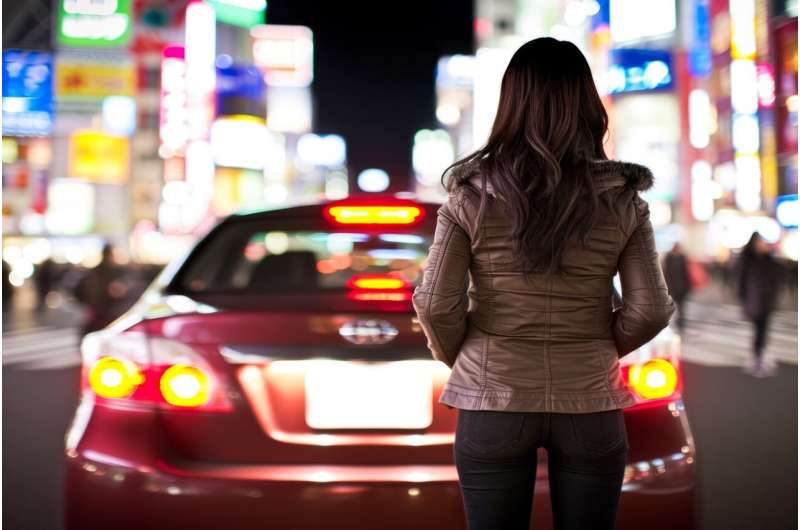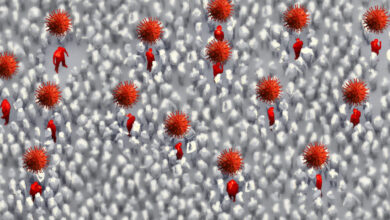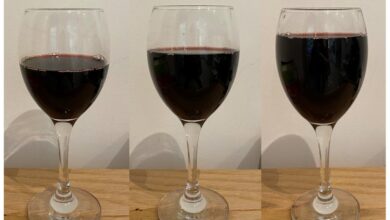Does more outdoor light at night help cause macular degeneration?


As ranges of nighttime synthetic outside mild rise, so do the chances for a number one explanation for imaginative and prescient loss, age-related macular degeneration (AMD).
South Korean researchers discovered that individuals residing in areas of that nation with the best ranges of streetlights and different synthetic mild had greater than double the chances for AMD, in comparison with these residing in areas with the bottom ranges.
That danger remained even after they accounted for confounding elements comparable to sleep points and melancholy, mentioned a workforce led by Dr. Ahnul Ha, of the division of ophthalmology at Jeju Nationwide College School of Medication.
Metropolis dwellers could also be at specific hazard for macular degeneration, for the reason that hyperlink between the sickness and synthetic outside mild “was discovered solely in city areas, the place the imply outdoor-artificial-light-at-night stage was 3 times larger than in rural areas,” Ha’s group reported.
They revealed their findings Jan. 16 in JAMA Network Open.
AMD happens when part of the attention’s retina known as the macula deteriorates over time. Folks start to lose their central imaginative and prescient, making widespread duties comparable to driving or studying troublesome.
AMD “typically impacts individuals over the age of 60,” mentioned Dr. Matthew Gorski, an ophthalmologist at Northwell Well being in New Hyde Park, N.Y. “Widespread signs of macular degeneration embrace blurry imaginative and prescient, distortion [where] straight traces seem wavy. The signs might be wherever from minimal to extreme, blinding imaginative and prescient disturbance.”
Within the research, Ha and her workforce questioned if the proliferation of synthetic mild at night time might play a job within the illness, because it’s already been linked to situations comparable to weight problems, coronary heart illness, sure cancers and psychological well being issues.
There’s additionally analysis suggesting that synthetic mild would possibly hurt the retina in varied methods. Gentle publicity can harm delicate retinal cells, Ha’s group famous. It may well additionally upset circadian rhythms and harm these cells, and it could actually set off hormonal modifications which may even be dangerous.
Within the new analysis, Ha and her colleagues analyzed information on over 126,000 South Koreans ages 50 or older. About 4,100 of them had been identified with AMD.
Her group additionally tracked the place these individuals lived, evaluating that to satellite tv for pc imagery exhibiting mild ranges throughout South Korea at night time.
Folks’s residences had been divided into 4 quartiles, ranked by how a lot synthetic outside mild they is likely to be uncovered to at night time.
The primary discovering: Older individuals who lived in city areas with the best ranges of out of doors synthetic mild had 2.17 occasions the chances of growing AMD, in comparison with of us residing in areas with the bottom ranges.
Dwelling in an space that had even only a bit extra nighttime synthetic mild (in comparison with areas with the bottom ranges) was nonetheless linked to a 12% larger danger for AMD.
That means that as ranges of synthetic mild rise, so do the chances for the attention illness.
After all, a brightly lit nighttime surroundings would possibly increase the chances for sleeplessness and even melancholy, the workforce famous. However the findings had been unchanged even after adjusting for these elements, they mentioned.
The danger rose with age, and males gave the impression to be extra affected than girls, the research discovered.
Different elements—weight problems, smoking and consuming—additionally appeared to strengthen the hyperlink between outside mild at night time and AMD.
For his half, Gorski careworn that the research “doesn’t present any causality. It would not present or show that outside mild causes macular degeneration. It’s the first research that does present that there could also be a hyperlink.”
“At this level, I’m definitely not going to inform my sufferers to alter their behaviors or to put on glasses in outside mild at nighttime,” mentioned Gorski, who can be an assistant professor of ophthalmology at Hofstra College’s Zucker Faculty of Medication in New York.
“I feel that is only a first datapoint and extra research are going to be wanted to substantiate whether or not these outcomes are in actual fact true,” he added.
His recommendation to individuals involved about growing old eyes: “I feel the very best therapy is prevention. So, I at all times inform sufferers smoking cessation, consuming a well-balanced food plan, [including] vegatables and fruits and meals which are excessive in antioxidants, and sporting sun shades when you possibly can is an efficient manner of stopping or reducing the danger of macular degeneration.”
Extra data:
Discover out extra about AMD at Johns Hopkins
Su Hwan Kim et al, Nighttime Outdoor Artificial Light and Risk of Age-Related Macular Degeneration. JAMA Network Open (2024)
Copyright © 2024 HealthDay. All rights reserved.
Quotation:
Does extra outside mild at night time assist trigger macular degeneration? (2024, January 17)
retrieved 18 January 2024
from https://medicalxpress.com/information/2024-01-outdoor-night-macular-degeneration.html
This doc is topic to copyright. Other than any truthful dealing for the aim of personal research or analysis, no
half could also be reproduced with out the written permission. The content material is offered for data functions solely.




